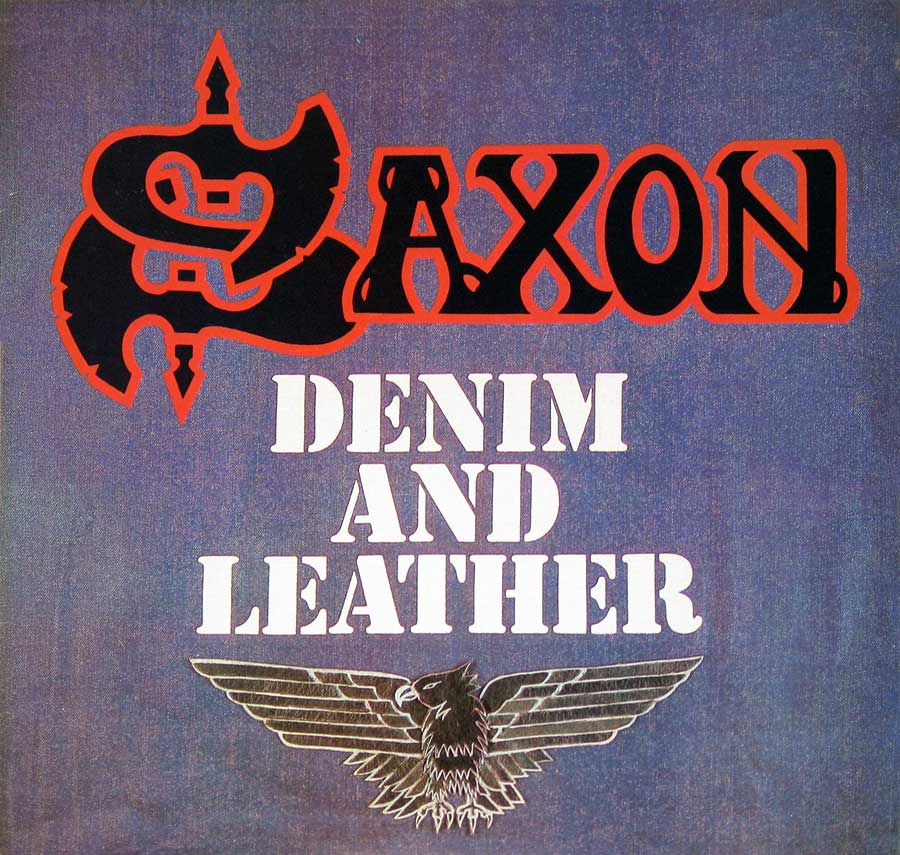

Many towns and villages still carry their Anglo-Saxon names today, including “England” which comes from the Saxon word “Angle-Land”.
Early Anglo-Saxon villages were named after the leader of the tribe so everyone knew who was in charge. If you’d visited Reading in Anglo-Saxon times, you’d have been in Redda’s village – Redda being the local chieftain.
The Anglo-Saxons settled in many different parts of the country – the Jutes ended up in Kent, the Angles in East Anglia, and the Saxons in parts of Essex, Wessex, Sussex and Middlesex (according to whether they lived East, West, South or in the middle!)
Not all Roman towns were abandoned, though. Some chiefs realised that a walled city made for a great fortress, so they built their wooden houses inside the walls of Roman towns like London.
Who invaded after the Anglo-Saxons?From 793AD, the Vikings invaded Anglo-Saxon Britain several times, plundering and raiding towns and villages along the British coastline. The Anglo-Saxons tried to hold them back but groups of Vikings eventually settled in different parts of the country, especially York (or Jorvik, as they named it) – making it the second biggest city after London. The next invasion came in 1066AD, in one of the most famous battles of our history – the Battle of Hastings. When the Anglo-Saxon King Edward died without an heir, a new king was chosen to rule England – King Harold II. William the Conqueror of Normandy and Harald Hardrada, the King of Norway, weren’t keen on the new English king and thought that they both had the right to rule Britain.
A descendant of Viking raiders, William brought his army of Normans to Britain to take on the new king, and on 14 October 1066, the two armies fought at the Battle of Hastings. The Normans were victorious and Harold was killed. This signalled the end of Anglo-Saxon rule in Britain. England now had a Norman king, King William I, or William the Conqueror.
The Anglo-Saxon period of history shaped many parts of England as we know it today – the words we use for the days of the week for example.
Have a go at saying them out loud, below!
Monandæg
Tiwesdæg
Wodnesdæg
Ðunresdæg
Frigedæg
Sæternesdæg
Sunnandæg
English to Swedish
Monday - Måndag
Tuesday - Tisdag
Wednesday - Onsdag
Thursday - Torsdag
Friday - Fredag
Saturday - Lördag
Sunday - Söndag